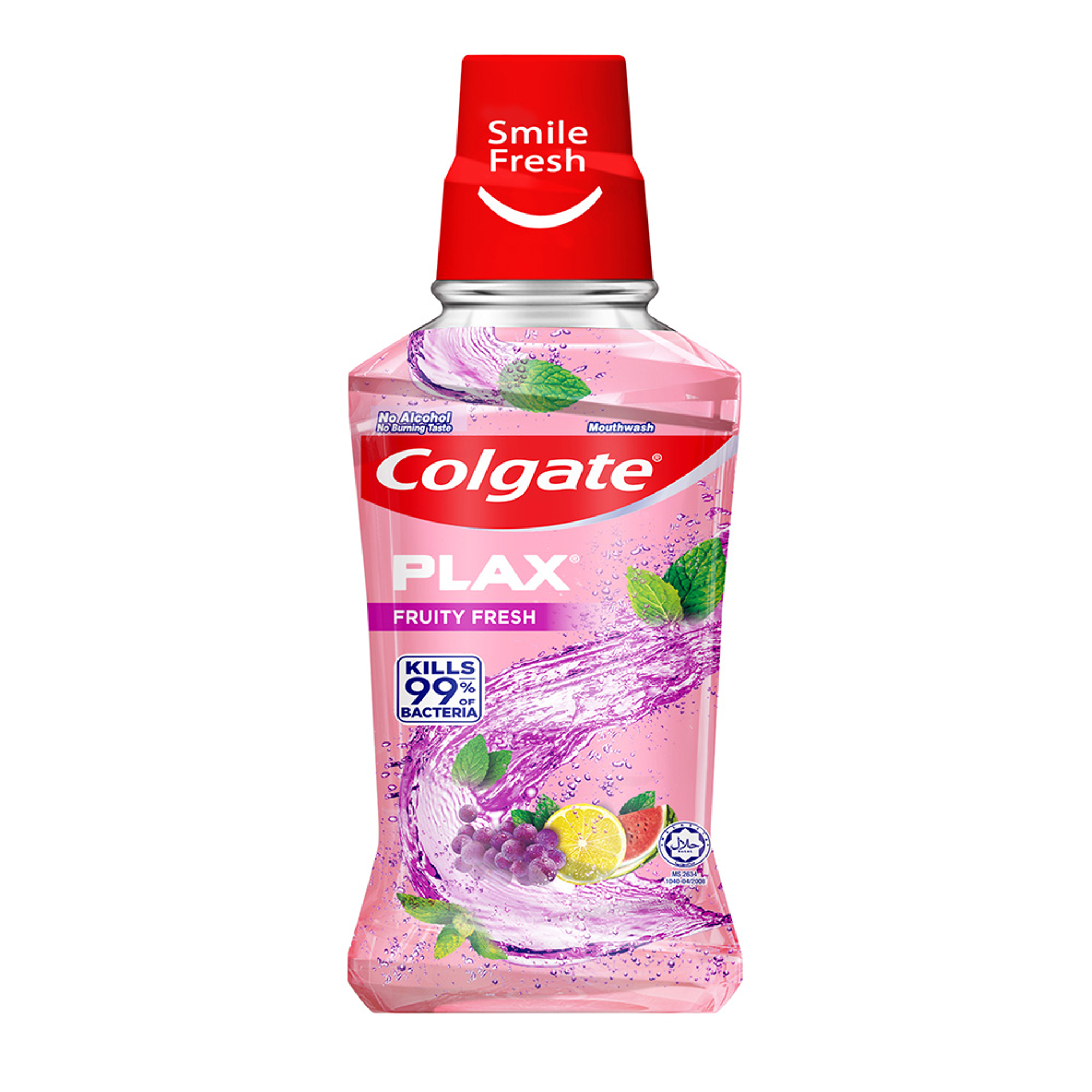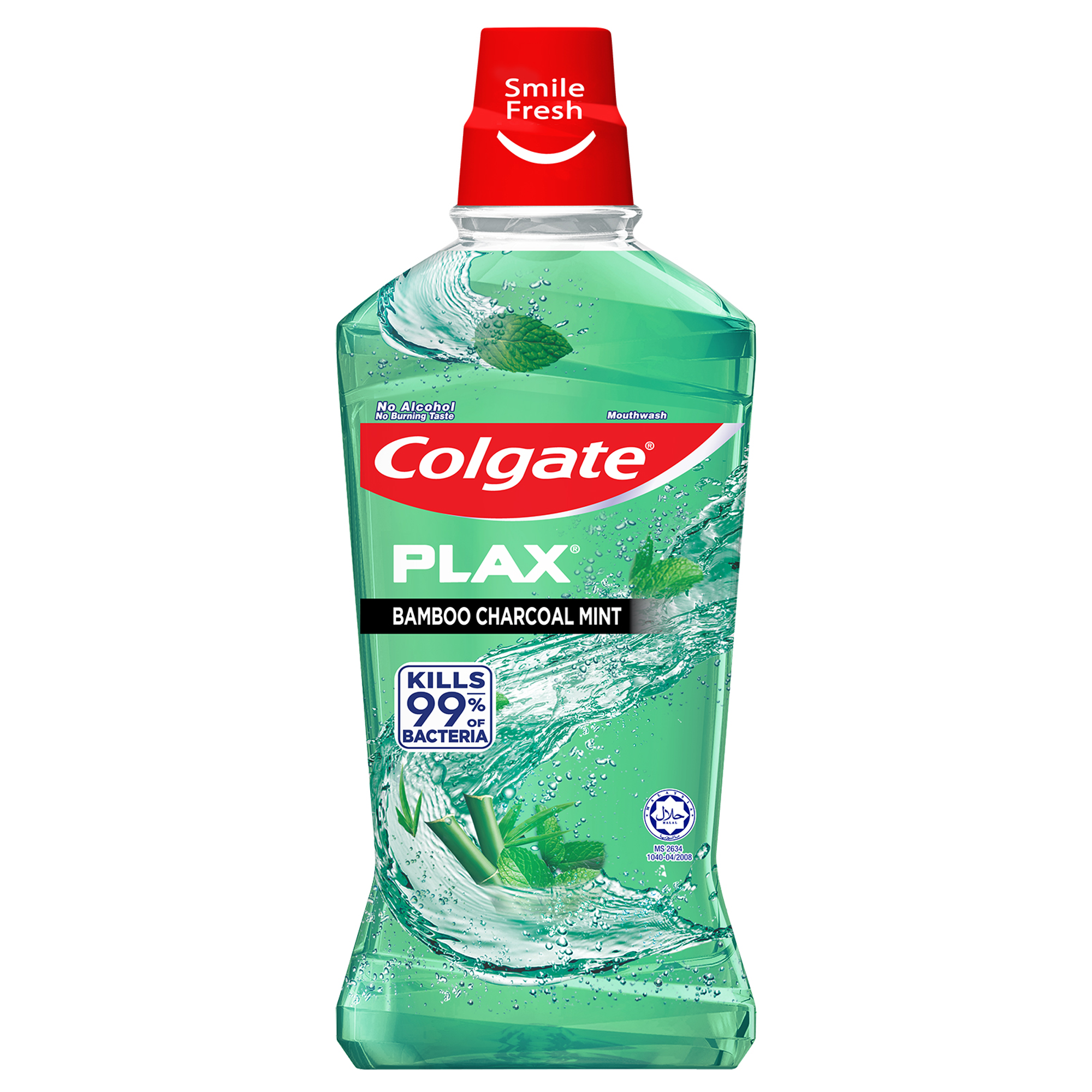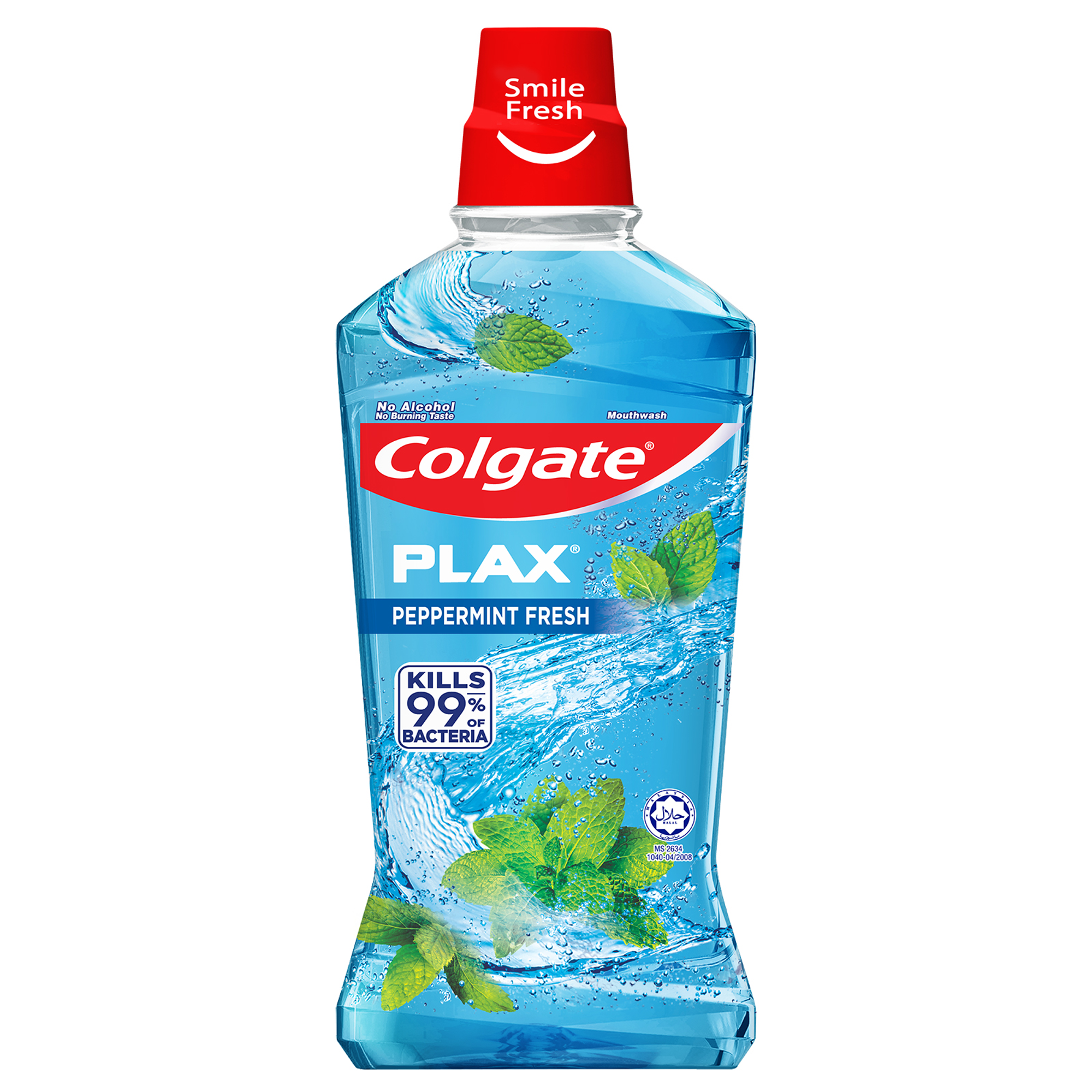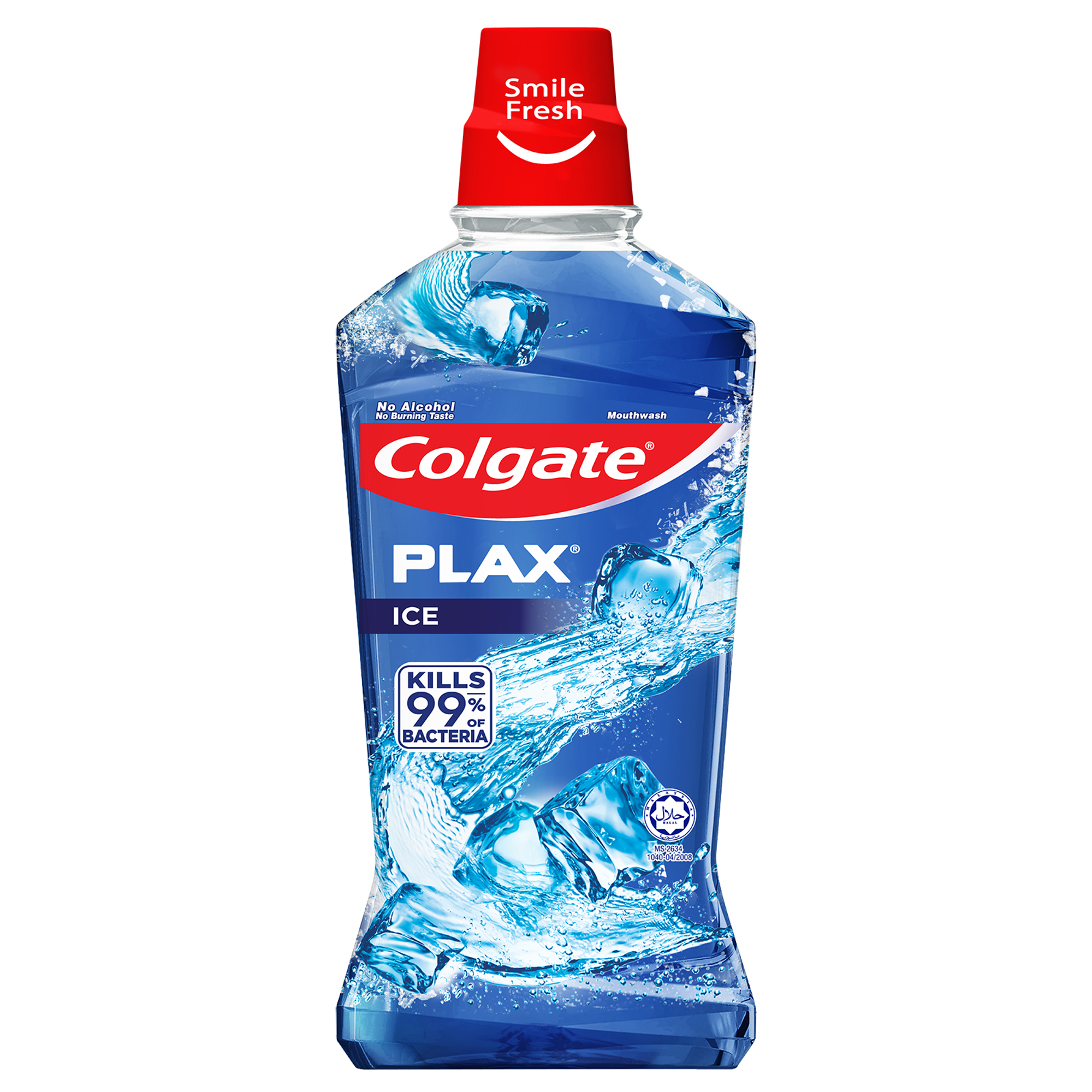- Oral Health and Dental Care | Colgate®
- Oral Health
- Should You Use Mouthwash Before or After Brushing?


Brushing and flossing are the foundations of a good oral hygiene routine‚ but mouthwash can also be a useful addition, thanks to the many oral health benefits it has to offer. If you've recently started using mouthwash, you may be wondering how you should incorporate it in your routine. Is it better to use mouthwash before or after brushing? And what else can you do to boost your oral health?
Benefits of Mouthwash
Mouthwash may be best known for freshening your breath, but adding it to your daily oral care routine can provide many other benefits, too.
The American Dental Association (ADA) explains that mouthwash can reach areas that your toothbrush can't, which can help to reduce your risk of developing cavities and gum disease. As the American Academy of Periodontology notes, untreated gum disease can lead to complications such as gum recession and tooth loss, but using mouthwash can help boost your prevention efforts.
Mouthwash achieves these oral health benefits by helping to control plaque, which is a thin, bacterial film that builds up on your teeth. When plaque isn't removed, it eventually hardens into tartar. The ADA reports that mouthwash can actually slow down the formation of tartar, too.
When to Use Mouthwash
When you first add mouthwash to your oral care routine, you may wonder‚ should you use mouthwash before or after brushing? This is a good question, and it doesn't have a simple answer. The scientific research is limited, and reputable organisations offer different recommendations.
The Mayo Clinic recommends using mouthwash after brushing and flossing your teeth. However, the National Health Service (NHS) recommends avoiding mouthwash right after brushing, since this may wash away the fluoride from your toothpaste. Instead, the NHS recommends using mouthwash at a different time of day.
The ADA states that you may choose to use mouthwash before or after brushing based on personal preference. That said, mouthwash manufacturers may recommend an order based on their product's ingredients, so check the label on your product to ensure that you maximize its effects.
Other Ways to Boost Your Oral Care Routine
Mouthwash can enhance your oral care routine, but remember: It's not a substitute for regular brushing and flossing. Brush your teeth twice a day for at least two minutes to remove food particles and plaque from your teeth, and floss once a day to clean between your teeth and along your gumline.
If you want to make further improvements to your daily oral care routine, consider these tips from the Mayo Clinic and the ADA:
- Eat a well-balanced, tooth-healthy diet.
- Limit high-sugar foods and drinks, such as candies and sodas.
- Avoid frequent snacking.
- Drink fluoridated water.
- Change your toothbrush every three to four months‚ or sooner if it looks worn or frayed.
- See your dentist regularly for checkups.
While it's not a replacement for brushing and flossing, mouthwash can play an important role in your oral hygiene routine. It can help to freshen your breath, remove plaque and reduce your risk of cavities and gum disease. For help deciding whether to use mouthwash before or after brushing, talk to your dentist.

Helping dental professionals
More professionals across the world trust Colgate. Find resources, products, and information to give your patients a healthier future













